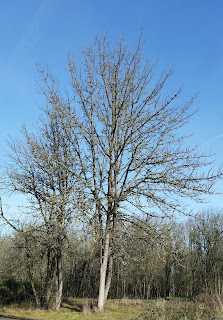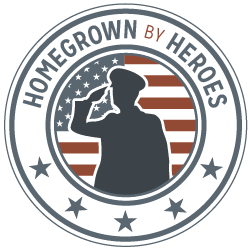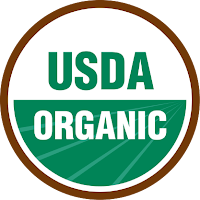Let the Leaves Be Next Year's Compost

By now, most of the dead leaves have fallen from their trees. The dead leaves cover your lawn, landscape, clog drains, and make for slippery walking, biking, and driving conditions. Instinctually, you might want to rake and bag or burn the fallen leaves. Don’t do this! Instead, harshness the leaves’ mineral-rich, organic properties through decomposition and use the compost on next spring’s garden. Even during cold weather, the decomposing leaves will provide carbon and nutrients to the soil bacteria. Get those dead leaves out of the street gutters. This will prevent them from entering the storm water where they can clog the system. Additionally, excess leaves in the storm water harms water quality for aquatic live. Instead of harming the environment improve the environment by using instead of losing fallen fall leaves. There are several ways to contain and compost fallen dead leaves. 1. Use a mulching mower – By mulching and leaving the dead leaves in place ...


